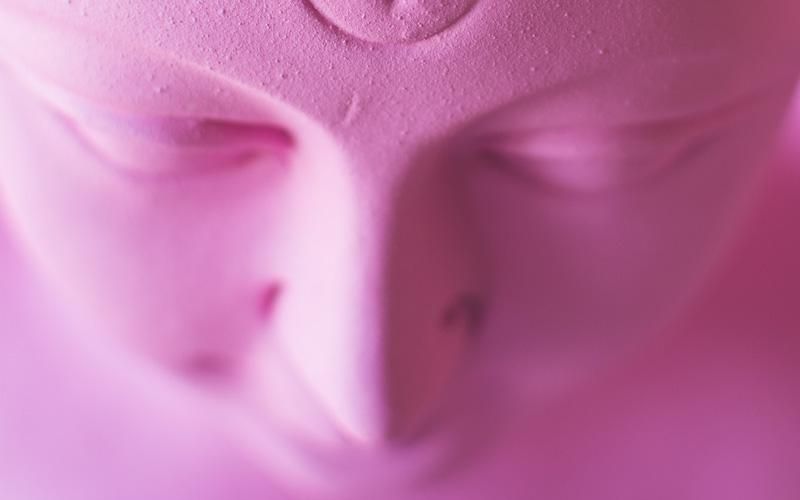Vedanta (veda means 'knowledge' and anta means 'end') is one of the six orthodox schools of Hindu philosophy and it has been referred to as the 'Universal Wisdom for Modern Times' and 'The Science of Happiness'.
Chinmaya Mission UK (a registered charity offering classes for personal and spiritual development) explains more about it here:
Are you happy?
According to the National Well-being survey carried out by the Office for National Statistics in 2014-15, almost a third of individuals in the UK have some feelings of anxiety on a daily basis and most will experience moments of anxiousness and unhappiness (with themselves or generally) during their life. Sadly, for some, that experience will be more relentless. All societies and cultures have proposed solutions for these persistent troubles of the human mind. In India, Ancient thinkers created their own diagnosis and solutions for this condition - Vedanta.
So, what is Vedanta?
Vedanta is at the core of Hindu religion and culture. It’s a science of the subjective world and states it’s the science of life that provides answers to universal questions. It proposes that human beings - in their true essence - are pure consciousness, a state of being and awareness beyond any identity. They’re unable to experience unconditional happiness or joy – because they have not realised this pure Being.
What makes it different from other philosophies?
We all want to be happy but where are we looking for happiness? According to Vedanta, every human being is in the pursuit of happiness and wants to find a relief from suffering because they’re seeking to re-connect with their true nature. In this state of ‘ignorance’ of our true nature, we continuously seek happiness in the external world of material things (e.g. smart car, expensive dress or new house), in beings (friendships and relationships) or circumstances (a better pay rise or winning the Lottery). Life becomes an endless struggle for happiness as we arrange and rearrange the ‘furniture’ of our life and try to find meaning. Our happiness, however, is likely to be transient and the search for that next moment of happiness returns. And, so it goes on…
How can Vedanta help?
‘Real’ happiness is closer than you think. Vedanta, also called the ‘Science of Happiness’, systematically sets out a way in which you can reach the authentic self, or pure consciousness - which is nothing but unbounded, unconditioned happiness. Vedanta gives practical methods by which we can gradually overcome those constant feelings of agitation and stress. By focusing the mind into a state of heightened awareness, calmness, contentment, peace and perfect being - regardless of the external circumstances - we bring joy into our life.
How can I practise Vedanta to help me achieve a better state of happiness?
Vedanta teaches techniques to develop a mind which cultivates an open awareness, develops a state of constant relaxed alertness and increases the capacity for focused attention and efficient action. The key Vedanta practice is meditation (similar to mindfulness) and focused awareness or concentration. Vedanta also provides a ‘spiritual toolkit’ for daily life - keeping the mind in a state of relative equanimity. All these practices lead towards the discovery that our happiness is independent of material. Happiness lies within.
Take a look at our Ayurveda Retreats, Meditation Retreats or our integrative wellbeing for body and mind programmes at Palazzo Fiuggi Retreat in Italy Or call one of our experts for your own personalised wellbeing holiday programme on 020 3735 7555.











